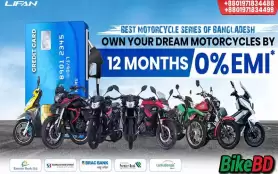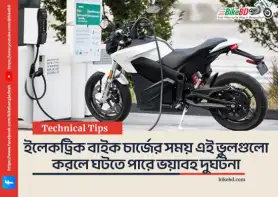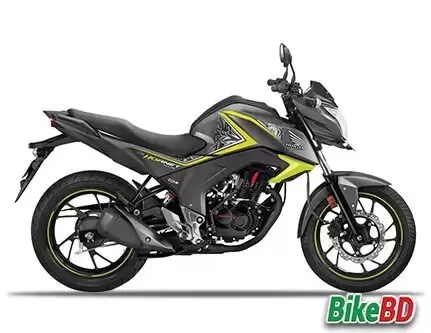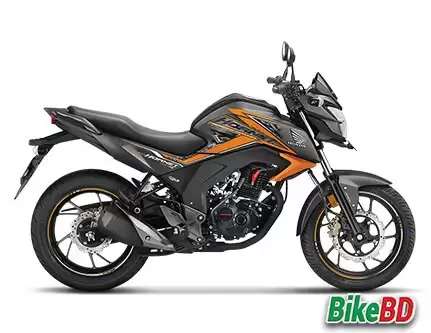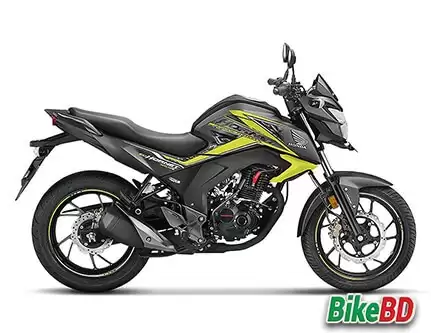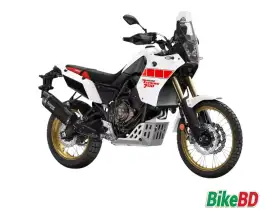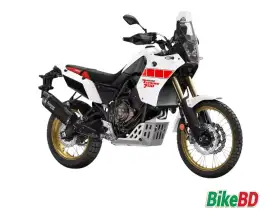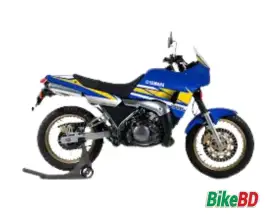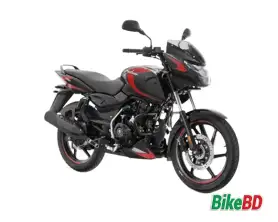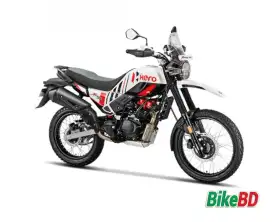What Is Electric Bike – The Basic Features
This page was last updated on 29-Aug-2025 09:41pm , By Saleh
In recent years, the concept of eco-friendly and sustainable easy transportation has gained significant thrust. In this regard, various types of electric vehicles have gained vast popularity in many countries around the world. Hence, electric bikes, therefore, E-bikes have positioned themselves in the market as a prominent solution for low-cost commuting for the mass people. Consequently, here we will try to know what is electric bike and explore their basic features.
Also Read: EeVe Bike price in BD
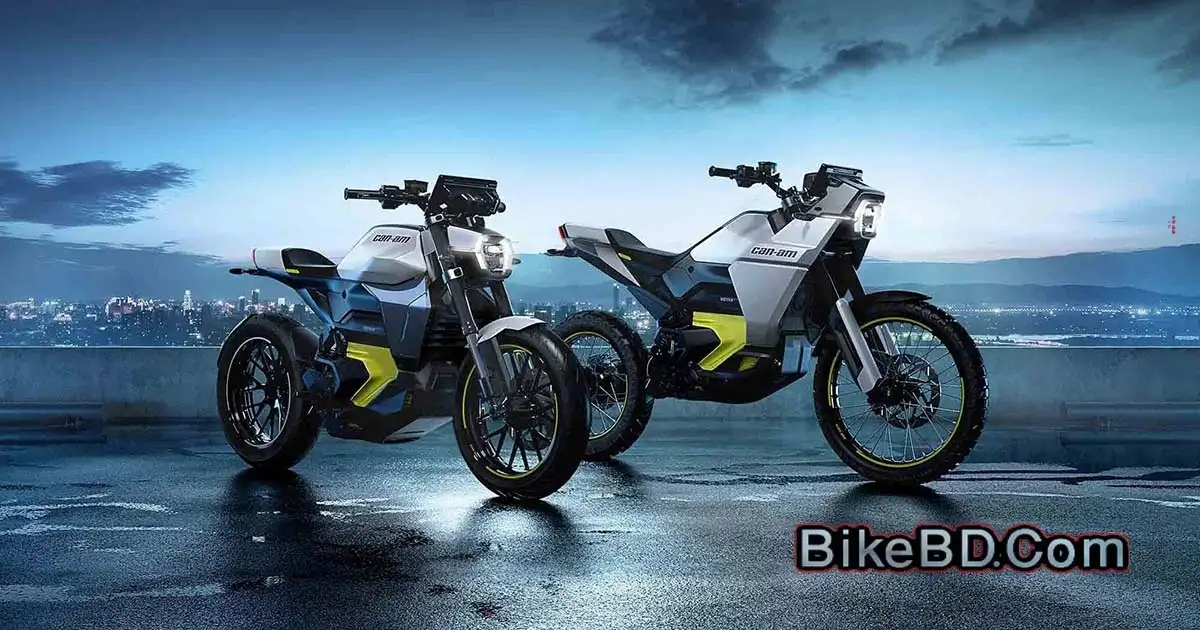
Also Read: SVITCH MXE Price In Bangladesh
What Is Electric Bike?
Electric bikes are very commonly known as e-bikes. These are a kind of motorized two-wheelers which have electric motor and battery support as driving force. E-bikes can come in various forms like conventional bicycles, mopeds, scooters, or motorcycles. However, the electric bikes which come in the form of conventional bicycles commonly equipped with electric motor and rechargeable battery system.
Also Read: EVeium COSMO Price In BD - BikeBD
Side-by-side those e-bikes also have conventional foot pedals which helps to assist the propulsion. On the other hand, the e-bikes or electric bikes which come in the form of conventional mopeds, scooters, or motorcycles, they simply omit the gasoline engines and featured with rechargeable batteries and electric motor system. Here throttle bar helps to control the propulsion of the electric motor like the regular gasoline engines.
Also Read: AMO Electric Bike Price in BD
The Basic Features of Electric Bikes
In basic construction, electric bikes or e-bikes are simply electric motor-driven two-wheelers which are available in the market in the form of bicycles, mopeds, scooters, and motorcycles. Therefore, all of these two-wheelers cut off conventional gasoline engine which burns fuel. Thus, they have a rechargeable battery and electric motor instead. In addition, the rechargeable battery system can be charged simply plugging into a standard electricity outlet. Thus, electric bikes have some integrated and identical features, therefore, here we’re elaborating on each of those.
Also Read: RBSeVA Electric Bike Price in Bangladesh
Driving Power – An Electric Motor
All electric bikes either in the form of bicycles, mopeds, scooters, or motorcycles come with an electric motor. The electric motor is considered the heart of electric bikes. It provides pedal assistance to the rider in the case of electric bicycles and gives direct driving power to electric mopeds, scooters, or motorcycles. Hence, gasoline engines are omitted here, therefore, electric bikes allow eco-friendly and emission-free transportation which is the core benefit of electric bikes.
Also Read: Salida G18 Price In Bangladesh
This electric motor is commonly mounted with the hub of the wheels or within the frame, or integrated into the bike's driveshaft like a regular gasoline engine bike. Here, the level of assistance provided by the motor can often be controlled by the pedal force in the case of electric bicycles. On the other side in the case of electric mopeds, scooters, or motorcycles the motor power can be controlled through the regular throttle twist as does in regular petrol engine bikes.
Also Read: Atumobile Electric Bike Price in Bangladesh
Power Source – Rechargeable Battery
Electric bikes commonly come with rechargeable type batteries to supply uninterruptible power to the electric motor. These batteries are typically lithium-ion type batteries which can be charged very easily. Moreover, lithium-ion batteries are commonly used in e-bikes due to their high energy density, easy charging, and lightweight.
Also Read: Sunra Abner Price In Bangladesh
Here, battery capacity determines the range of how much an e-bike can cover on a single charge. Battery capacity is measured in watt-hours (Wh) and battery charging times may vary on capacity and charging module. But commonly those fully charge within a few hours. However, the riding range of electric bikes depends on multiple factors such as the battery capacity, riding condition, and the level of speed or assistance used during the time of riding.
Also Read: Oben Electric Bike Price in Bangladesh
Pedal Assistance Or Throttle System
Electric bikes typically come with two modes of motor operation and support. In the electric bicycles, e-bikes feature pedal assist systems, and in electric mopeds, scooters, and motorcycles those come with motor control systems via throttle bars. Therefore, in the e-bicycles pedal-assist systems, the motor provides power assistance when the rider is pedaling.
Also Read: JMT Classic City Price In BD - BikeBD
On the other hand, in electric mopeds, scooters, and motorcycles those feature a throttle control system which riders to control the speed of the motor. However, in such cases, it doesn’t have any clutch or gear operation as gasoline engine mopeds, scooters, and motorcycles have. Thus, the system enhances the overall riding experience by making the motor control easier and hassle-free.
Also Read: AMO Electric Jaunty-3W Price In BD - BikeBD
Dashboard Display & Control Panel
Electric bikes also come with a standard dashboard display or control panel as does in conventional motorbikes. The onboard display attached to the electric bikes whether it is a bicycle, moped, scooter or motorcycle provides essential and common information such as speed, battery level, and the selected riding mode or assistance level. In the more advanced electric bikes, the control panel may have an extended range of perimeters which can provide more information and make the ride easier.
Also Read: Ujaas eGo LA Price In BD - BikeBD
Frame & Body Design
Electric bikes are now available in various frame and body designs in the market as those copy the conventional bicycle, moped, scooter, or motorcycle design and structure. Moreover, few electric bikes come with innovative designs and structures, especially in the case of electric bicycles and mopeds. Thus, electric bikes commonly come with conventional diamond frames, on-bone frames, step-through frames, or compact folding frames which allow to design diverse range of electric bikes and can cater to different ranges of customers and their needs or preferences.
Also Read: Aftek Elmo Price In BD - BikeBD
Integrated Commuting Features
Lastly, electric bikes are solely designed for commuting in most cases and offer a wide variety of designs for different types of commuter users. Though some e-bikes are also made for sport and adventure activities most of the e-bikes are commuter in core. Hence obviously those come with commuting-friendly designs, features, enhancements, and capabilities.




